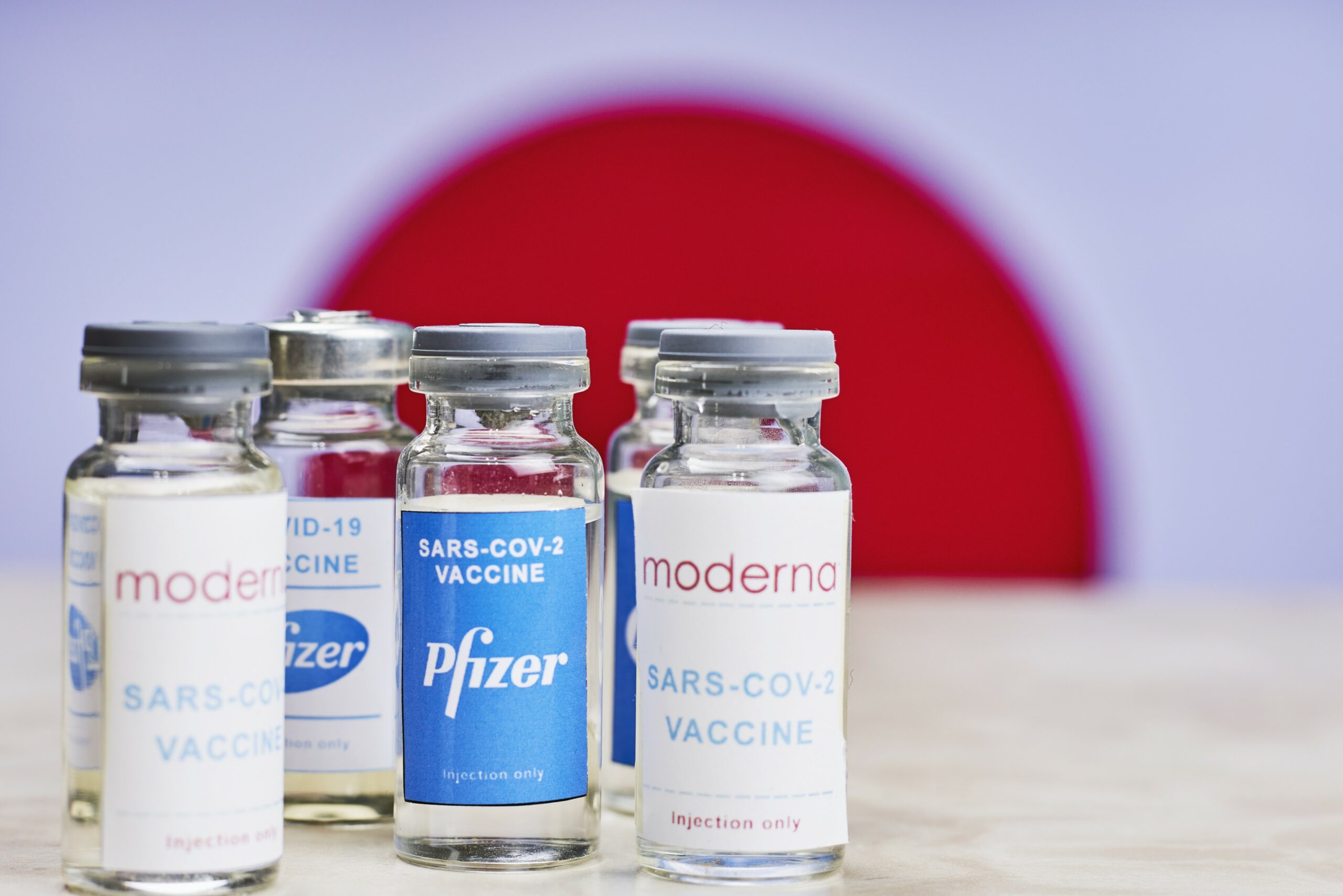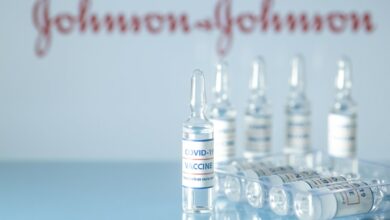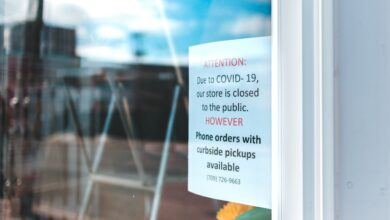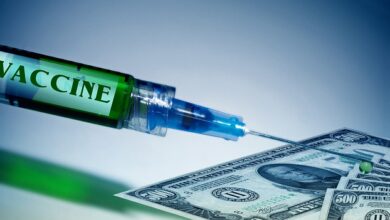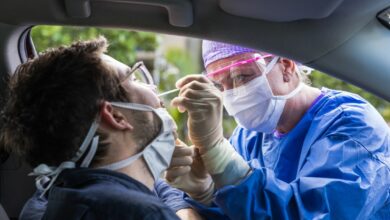The US did not come close to reaching its self-determined goal of vaccinating 20 million Americans prior to the end of the year. This failure to meet expectations is highlighting the issues of deployment that many medical facilities are facing as COVID-19 cases continue to grow at record rates throughout the nation.
Current Numbers: According to the US Centers for Disease Control and Prevention (CDC), approximately 15.4 million doses of the vaccine have been distributed to various locations in every state. As of Monday, only 4.5 million people had actually received the vaccination. This means that more than two-thirds of the shots are simply waiting to be put into the arms of Americans.
Officials with Operation Warp Speed are partially blaming the numbers on a delay in data reporting. They cite that there have been more people vaccinated, however, it has not yet been reported to the CDC.
Why the Delay? It is clear by looking at the numbers thus far that the bottleneck is not a lack of available vaccines. The issue actually lies in the logistics of having to vaccinate so many people as quickly as possible. The fact that states have administered just a small amount of the vaccines that they have in their possession indicates that it is the rollout that is the issue.
Compounding the problem in the distribution is that many medical clinics were not fully staffed over the holiday. In addition, some states decided to hold back some of their vaccine doses to use for individuals in long-term care facilities. However, the rollout at these facilities has not yet started, meaning that many doses are still sitting in refrigerators going unused.
Lastly, the federal government has generally left the distribution of the vaccine up to the individual states. Many healthcare facilities are not equipped with the manpower and organization needed to implement a mass vaccination program. This is exacerbated with so many clinics already being stretched to the limit because of the health crisis.
The good news is that the latest round of COVID-19 relief by the federal government set aside $8 billion to aid in the distribution process.
Splitting Up Moderna Doses: In an effort to help to speed up the vaccination process, the US Food and Drug Administration (FDA) is considering giving half-doses of the Moderna vaccine to individuals between the ages of 18 and 55. According to Moncef Slaoui, chief scientific adviser of Operation Warp Speed, the FDA will meet this week to consider the split in doses. If approved, the vaccine would be split in half, offering 50 micrograms instead of 100. There will still be an additional dose administered 28 days later.
Already coming out in opposition to this idea are the FDA Commissioner, Dr. Stephen Hahn, and the FDA vaccine division chief, Dr. Peter Marks. In a joint statement, the two said that they do not advise splitting the dose without understanding the full scope of how the protection would be affected.
Issues in Florida: The Sunshine State has come under fire after a first-come first-serve COVID-19 vaccination program ended with hundreds of seniors lined up outside in the dark overnight hours hoping to get the potentially life-saving vaccine. The Lakes Regional Library in Fort Myers was the location of a mass vaccination clinic that made headlines everywhere. Those hoping to get the vaccine showed up with sleeping bags, chairs, and coolers to wait out the line.
The library was not the only site offering free vaccinations to senior citizens willing to wait for hours. Other areas in Lee County were inundated with seniors hoping to get their first dose of the vaccine.
The scene was repeated in various areas throughout the state, including a vaccination center in Daytona Beach. The center quickly reached capacity, forcing health officials to turn away many senior citizens.
On the Horizon: As of early January, only the Pfizer and Moderna vaccines have been approved for emergency use authorization (EUA) in the US. However, the Oxford/AstraZeneca vaccine is now approved and going into the arms of people in the UK. Health experts in the US are hopeful that it will be approved for use soon in the states.
In addition, Johnson & Johnson is hopeful that it will have the full results of its vaccine study to present to the FDA by the end of January. The company said on Monday that it hopes to submit the application for approval by February. Unlike the other COVID-19 vaccines that have been approved so far, the Johnson & Johnson version only requires one dose.
